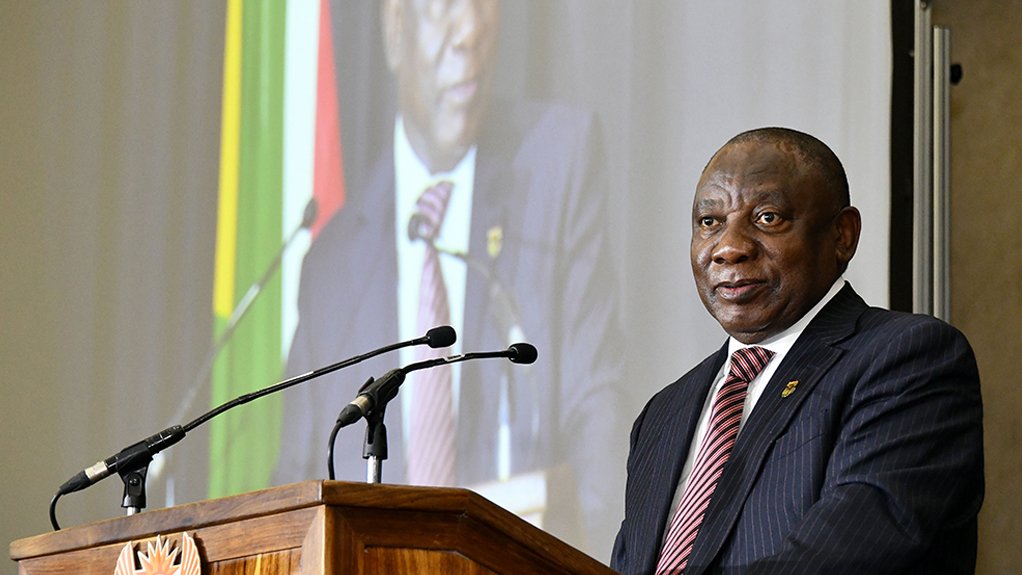Civil society organisation My Vote Counts (MVC) argues that the new Political Funding Act (PFA) annual donation limit will deepen secrecy in political funding and make it easier for private interests to influence the country’s politics and for corruption to occur.
The organisation will write to President Cyril Ramaphosa requesting that he explain his reasoning when he signed the proclamation on Monday to double the disclosure threshold and annual donation limit in the PFA.
The new annual donation limit will be R30-million, up from R15-million, and the new disclosure threshold will be R200 000, up from R100 000.
MVC pointed out that the immediate impact of a higher disclosure threshold and donation limit was that there would be more secrecy in political funding.
“…the details of all donations under R200 000 will not be known to the public. This is an enormous sum for most South Africans and donations of such amounts should be made public knowledge to facilitate scrutiny of parties’ relationships with donors and ensure that donors are not receiving anything in return,” it explained.
The MVC pointed out that judgment was pending in this matter and that should its case succeed, the amendments to the Act would be set aside, including the determination of these new limits.
The organisation said it would consider other legal options to address Ramaphosa’s action, while it awaits judgment.
The MVC stressed the need for balance between adequately funding parties, and regulating and mitigating the risk of undue influence from donors.
“The decision by the President – based on a resolution adopted first by the Portfolio Committee on Home Affairs and then the National Assembly – does not strike such a balance. It fails to do so because the new limits are not based on empirical, context-specific evidence and research that took balancing factors into consideration,” it said.
MVC described the move as a “politically expedient power grab” that infringed on constitutional rights, political rights and the right of access to information, arguing that when a right was to be limited, there needed to be adequate justification for doing so.
“The State has never provided a legitimate reason why all donations should not be disclosed to the public,” it said.
In May, the MVC urged Ramaphosa to reject a National Assembly report supporting the increase of the donation limit and the yearly disclosure threshold for political party funding, arguing that the report on the PFA, from the Portfolio Committee on Home Affairs, was arrived at “irrationally” and was unconstitutional.
The MVC said assessing whether the limits were still appropriate and factoring in inflation from time to time was a standard procedure that should occur.
“When the opportunity arose, MVC was hopeful that Parliament would remedy the limits to make them fit for the South African context. This is an issue that MVC has long argued – that the original limits adopted in 2021 were not only too high, but had been adopted without due regard to empirical evidence and were therefore irrational and unlawful,” the MVC explained.
It accused the portfolio committee and the National Assembly of rejecting and ignoring research on developing limits for South Africa, as suggested by the Parliamentary Budget Office.
“…as a result of this intentional misstep, the original 2021 limits became the basis from which amendments to the limits were proposed and debated, tainting the entire process with irrationality,” MVC said.
EMAIL THIS ARTICLE SAVE THIS ARTICLE ARTICLE ENQUIRY FEEDBACK
To subscribe email subscriptions@creamermedia.co.za or click here
To advertise email advertising@creamermedia.co.za or click here











